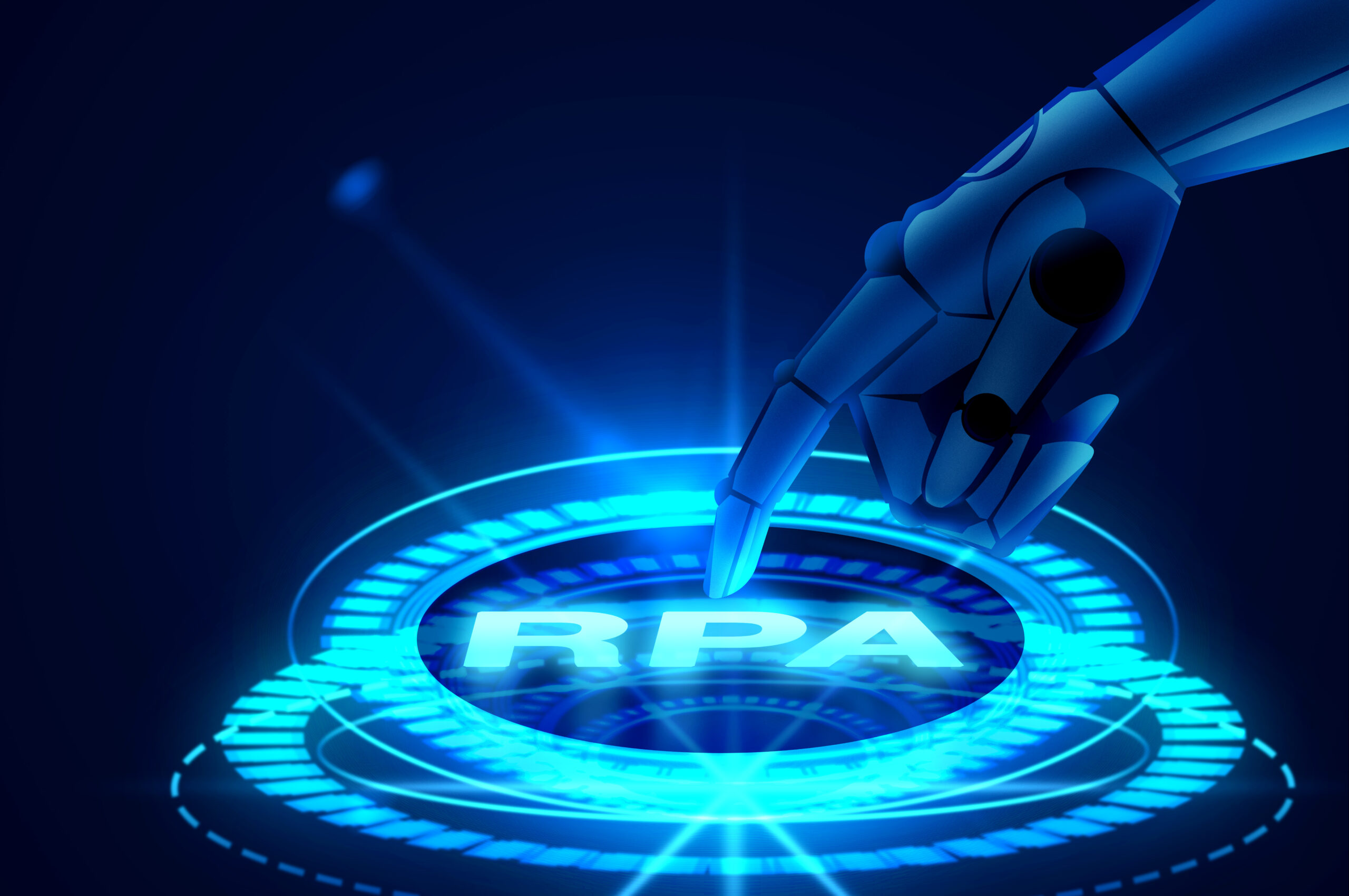In this fast-paced competitive environment, businesses constantly search for improving efficiency. That being said, RPA has been a game changer over the years with the plethora of advantages it has to provide in increasing business efficiency. A wide variety of multinational organizations have already used the use of RPA. RPA is an emerging technology that has been reshaping how companies and businesses shall function. Because of RPA’s capacity to automate a wide variety of business operations is rapidly gaining acceptance as a necessity for companies in today’s competitive environment. Let us discuss the various what is the future use of RPA in this article.
What is Robotic Process Automation?
Robotic process automation (RPA) uses software robots to carry out routine, repetitive tasks that humans traditionally carried out. Some examples of such mundane routine tasks are Data input, documentation processes, and providing customer assistance. RPA is a game changer for the future of workplace since by automating tasks, businesses can escalate by cost reduction, accuracy improvement, and productivity increase. Because of its scalability and simplicity of implementation, RPA is a viable financial investment.To learn more about RPA and its applications, reach out to EmergenTeck(Kausal Vikash) for RPA Training in Pune.
Benefits of Robotic Process Automation
There are several benefits of Robotic Process Automation and some of which are:
- Increased Efficiency: Robotic process automation (RPA) has the potential to significantly improve productivity and efficiency because it can do jobs much more quickly than a human. When routine, low-value jobs are automated, workers are freed up to focus on more strategic initiatives.
- Cost Reduction: Savings on labor costs is an immediate outcome of RPA’s ability to automate routine processes that humans normally perform. In addition, RPA can boost productivity and efficiency while reducing unnecessary errors.
- Enhanced Customer Experience: Businesses may use automation solutions to boost the efficiency and effectiveness of their interactions with customers. This has the potential to enhance the customer service they receive.
- Increased Accuracy: RPA can carry out activities with high precision and consistency, drastically lowering the error rate. Tasks like data entry require high accuracy and can benefit significantly from this.
- Enhanced Scalability: RPA’s scalability is improved since it can be expanded or contracted quickly to meet changing company demands. This makes it an excellent option for businesses whose demand fluctuates with the season.
- Convenient Use: Businesses should seek out products that are simple enough for any employee to build and use for a variety of tasks across the business, such as data collecting and content transformation into information for executives to make decisions with.
How Does Robotic Process Automation Work?
RPA is revolutionary since it can change how businesses and organizations function. With RPA, businesses can build virtual workforces that function around the clock, allowing humans to focus on more complex activities that demand their experience and expertise.
If you are wondering how RPA is changing the way we work, it can be said that RPA functions by replicating the conduct of a human operator. It can reorganize files, log in to programs, link to system APIs, copy and paste data, read and write databases, scrape the web for information, and read and respond to emails. Furthermore, it can perform complex calculations quickly and process semi-structured and structured data.
Applications of Robotics Process Automation
In this commercial world, the applications of RPA extend to various sectors. Some of the common applications of Robotics Process Automation are:
- Accounting and finance: RPA can automate various accounting and finance tasks, including accounts payable and receivable, processing invoices, and reconciling bank accounts.
- Healthcare: Medical billing, insurance claims processing, and patient registration are just some healthcare operations that might benefit from RPA automation. The bots monitor the doctor’s availability and contact patients if the doctor cannot keep an appointment. It also sends automated reminders to patients for scheduled follow-ups, overdue medical tests, etc.
- Diagnosis: Diagnostic labs can now handle almost 60000+ entries every month because of automation, resulting in enormous savings and freeing up staff time to focus on more crucial duties, thus increasing productivity.
- Database: The process of entering data into a system can be automated using robotic process automation (RPA). The software robot can quickly transfer information from one platform to another, saving time and effort.
- Supply Chain Management: Robotic process automation (RPA) can mechanize supply chain processes like order taking, stock management, and delivery.
- Customer Service: Robotic process automation (RPA) can streamline responses to customer service requests. The software robot can answer simple questions and forward more complicated ones to a human agent.
- Human Resource: RPA can automate HR tasks, including employee onboarding and offboarding. This software robot can automate data entry into HR systems and report generation.
- Invoice Processing: The invoicing procedure can be automated with the help of RPA. The software robot can read bills for key information and enter it into a database, making manual data entry redundant.
- IT Sector: Automation can quickly and easily address many issues plaguing IT departments. Everything from data migration and tracking to cybersecurity and compliance reporting to end-user assistance and asset management.
You can learn further about the applications of RPA by joining the Robotic Process Automation Training Online by EmergenTeck(Kausal Vikash).
In conclusion, RPA is a promising new technology dramatically altering corporate processes. RPA has the potential to alter the way we work and usher in a new era of productivity because of its capacity to automate repetitive operations and increase efficiency. Businesses of the future will be well-positioned to facilitate collaborative technological creation if they combine RPA with other AI and cognitive technologies. They will have the ability to implement profound, enterprise-wide transformation.



